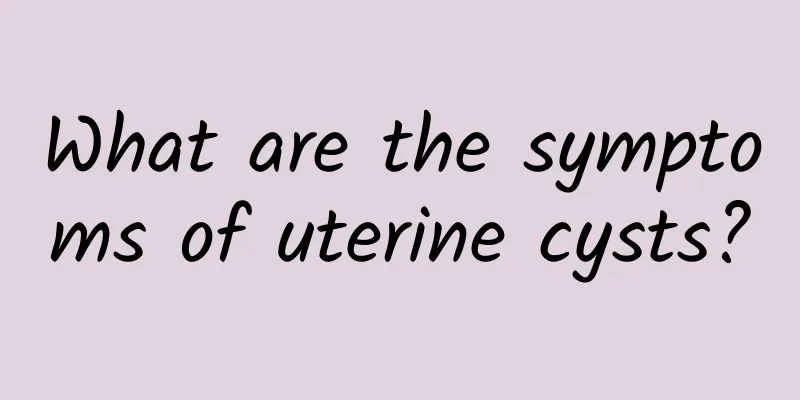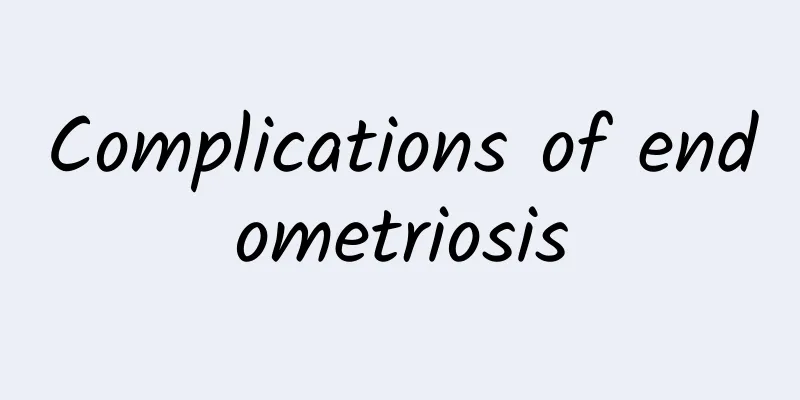shock! 4 major dangers of insufficient protein intake

|
The human body cannot function without protein, which shows the important role of protein in the human body. Many women control their appetite when losing weight, which causes protein deficiency and has adverse effects on the body. Below, I will tell you the 4 major dangers of insufficient protein intake. Women who are losing weight should pay attention! Insufficient protein will cause a decrease in the number of basal metabolic rates, and the weight loss effect will become very poor. Protein and the human body The human body is about 60% water and about 20% protein. Protein has 20 kinds of amino acids. These amino acids are complexly combined to form muscles, skin, hair, nails, internal organs, immune systems, etc. Most organs in the body are formed by protein. Most foods contain protein, especially meat, fish, eggs, soy products and dairy products, which have particularly high protein content. Since animal proteins such as meat and dairy products always give people the impression of being high in calories and fat, many people often avoid this type of food when losing weight. However, this can easily lead to protein deficiency in the body, which will bring various adverse effects to the body. The dangers of insufficient protein intake 1. Even with exercise, fat is difficult to burn Insufficient protein will cause a decrease in basal metabolic rate, thereby causing a decrease in muscle mass. Once the amount of muscle decreases, the basal metabolic rate will inevitably decrease. If the basal metabolic rate decreases, it will be difficult to burn fat even if you exercise, and the weight loss effect will become very poor. In addition, hair loss, anemia, diarrhea and edema may also occur. 2. Protein deficiency is often accompanied by energy deficiency When there is only protein deficiency, the main manifestations are edema, growth retardation, skin pigmentation and brittle hair. When protein deficiency is accompanied by energy deficiency, the main manifestations are obvious weight loss, growth retardation, anemia, dry skin and muscle atrophy. 3. Nutritional edema When protein is malnourished, the body stores very little protein. Even when nutrition is adequate, it only accounts for about 1% of the body's total protein. This protein is called mobilin and is mainly stored in the liver, intestinal mucosa and pancreas. Its loss does not change the organ function. When dietary protein is deficient, tissue protein is broken down quickly and synthesized slowly, leading to a series of biochemical, pathological changes and clinical manifestations. The intestinal mucosa and digestive glands are affected earlier, and the clinical manifestations are malabsorption and diarrhea; the liver cannot maintain normal structure and function, and fat infiltration occurs; plasma protein synthesis is impaired; enzyme activity is reduced, mainly xanthoproline oxidase and glutamate dehydrogenase; muscle atrophy gradually occurs due to insufficient muscle protein synthesis; due to reduced antibody synthesis, the resistance to infectious diseases decreases; due to adrenal cortex dysfunction, it is difficult to overcome the stress state; collagen synthesis is also impaired, making wounds difficult to heal; slow bone growth and intellectual development disorders can be seen in childhood. Long-term insufficient protein intake can gradually lead to nutritional edema, which can lead to death in severe cases. 4. Developmental impairment Nutritional status evaluation: Long-term insufficient protein intake will affect the synthesis of body tissue protein. In children and adolescents, it manifests as delayed growth and development, with height and weight lower than normal children, and even affects the normal development of intelligence. Adults may experience fatigue, weakness, weight loss, decreased plasma albumin, muscle atrophy, anemia, and in severe cases, malnutrition edema. In addition, it can also slow down wound healing and weaken the immune function. Severe protein deficiency is more common in children in developing countries. Protein deficiency often occurs simultaneously with energy deficiency, which is called protein. Energy malnutrition is a syndrome with several distinct clinical symptoms. Severe PEM can cause death in children. Mild and chronic PEM is often ignored, but it has a significant impact on children's growth and development. How to take in protein? In order to ensure good absorption of protein while losing weight, what kind of food should we choose? Animal foods are high in protein, but animal protein is high in calories, which is not conducive to weight loss. In comparison, plant proteins such as soybeans are much lower in calories. Therefore, when losing weight, try to choose high-protein foods that are low in calories. Nevertheless, we still have to remind you that the composition of plant protein to our body and the composition of amino acids are different. Even if a certain amount of plant protein is absorbed, it is difficult to play a role in muscle formation. Source: 39 Health Network www.39.net Please do not reprint without written authorization |
<<: 2-week Danish diet: 600 calories a day for extreme weight loss
>>: Sammi Cheng is the fitness king! Lose 15 kg by jogging
Recommend
What are the causes of missed abortion and what should be paid attention to after missed abortion?
Many women are unfamiliar with missed abortion. M...
Ovarian cysts may be caused by abnormal ovarian axis function
Abnormal ovarian axis function may lead to the oc...
What foods are good for menopausal hot flashes and sweating?
For menopausal hot flashes and sweating, you can ...
7 weight loss foods to help you lose weight quickly
The following 7 kinds of weight loss foods are su...
Endometrial Thickness Surgery Cost
How much does it cost to have surgery for endomet...
Green plum detoxifies! 1 20 calories per tablet helps to remove stool
Around the Qingming Festival is the best time to ...
There is very little leucorrhea after abortion
There is almost no leucorrhea after abortion. It ...
Experts introduce the causes of adnexitis to you
How much do you know about the cause of adnexitis...
Best hospital for the treatment of pelvic peritonitis
Pelvic peritonitis brings a lot of trouble and di...
Which hospital is good for treating uterine effusion?
When it comes to treating uterine effusion, every...
Specific introduction to common early symptoms of ovarian cysts
Ovarian cysts are an ovarian disease that many wo...
Common causes of pelvic inflammatory disease
The pelvic cavity is an important part of a woman...
What are the causes of habitual miscarriage? These 5 reasons may be the cause
The causes of the adverse symptom of habitual abo...
Do shoulder blade stretching exercises to relieve back and shoulder pain
Shoulder pain, back pain Once the hip joint or pe...
If you have too much stomach acid, can eating alkaline foods suppress stomach acid? Alkaline foods prevent denaturation, avoid doing this
An irregular lifestyle and improper diet may caus...









